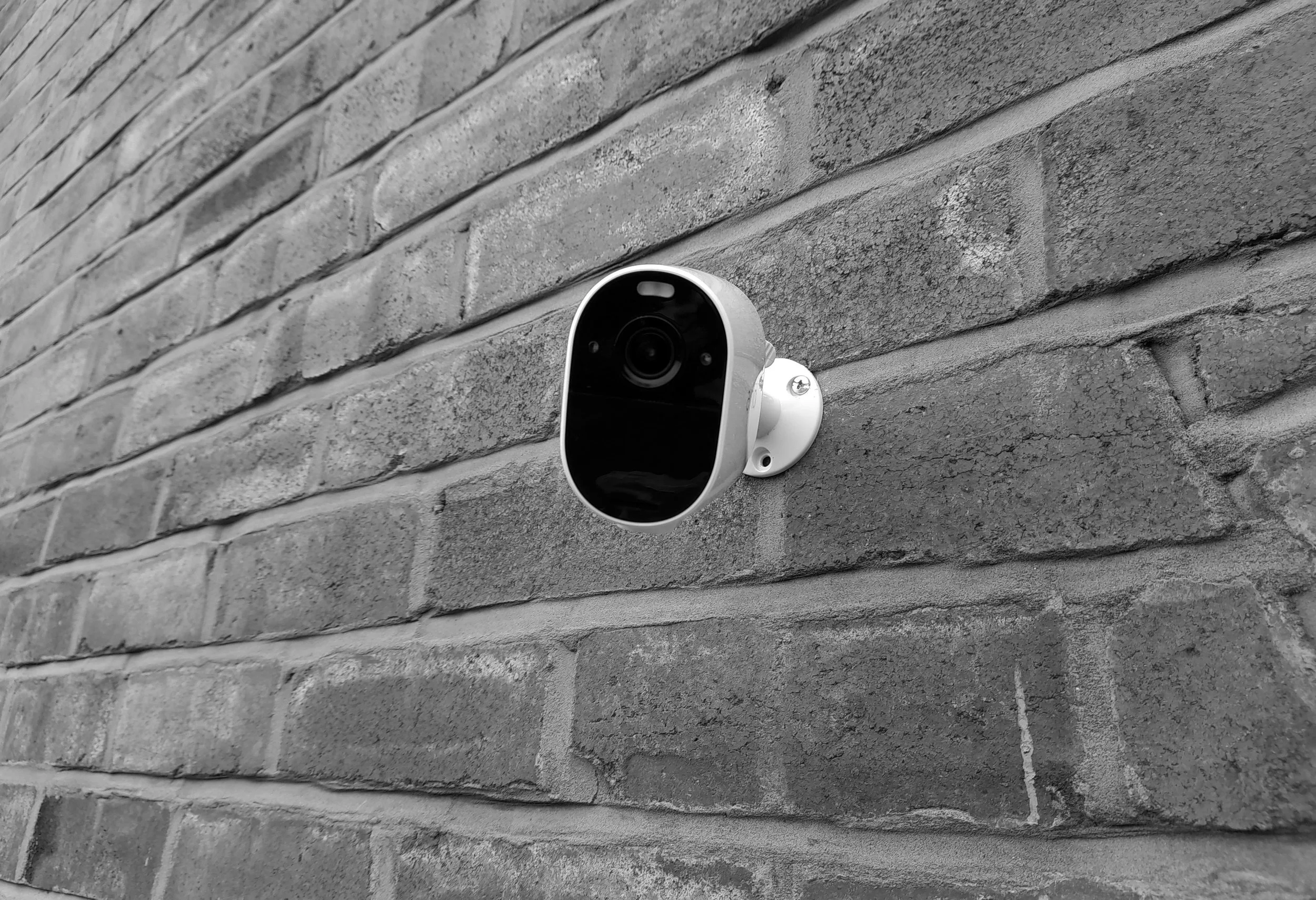What Landlords Need to Know About Security Cameras and Privacy Laws
RH Business Marketing Solutions
The safety and security of rental properties are paramount concerns for landlords. As technology advances, many landlords consider installing security cameras to protect their properties and deter potential criminal activities. However, it is essential for landlords to understand the legal implications and privacy laws associated with the use of security cameras. Can a landlord put cameras outside the house without violating tenant privacy rights? In this article, we will explore what landlords need to know about security cameras and privacy laws. By understanding the legal landscape and adhering to best practices, landlords can strike a balance between maintaining property security and respecting tenant privacy rights.
When considering the installation of security cameras, landlords must navigate the complexities of privacy laws and ensure compliance with local regulations. Understanding the limitations, consent requirements, and guidelines for using surveillance cameras is crucial to avoid infringing upon tenant privacy. By exploring the legal framework surrounding security cameras, landlords can make informed decisions and create a safe and respectful environment for their tenants.
Understanding Privacy Laws
Before installing security cameras, landlords must familiarize themselves with the privacy laws applicable in their jurisdiction. Privacy laws vary from country to country and even within different states or provinces. In general, landlords need to be aware of the scope of surveillance allowed, consent requirements, and restrictions on recording audio. Some jurisdictions require explicit consent from tenants before installing cameras, while others may allow limited surveillance without consent in common areas. It's essential to consult local laws and regulations or seek legal advice to ensure compliance.
Common Areas vs. Tenant Privacy
When installing security cameras, landlords must distinguish between common areas and areas that ensure tenant privacy. Common areas such as building entrances, parking lots, and hallways are generally considered public spaces and may be subject to surveillance. However, areas like individual units, balconies, and private outdoor spaces should be treated with respect for tenant privacy. It's crucial to strike a balance between maintaining security and respecting tenants' rights to privacy in their personal living spaces.
Providing Notice and Obtaining Consent
Transparency is key when it comes to security camera installation. Landlords should provide clear and written notice to tenants about the presence of security cameras on the property. The notice should include information about the purpose of the cameras, the areas covered, and how the recorded footage will be used. In some jurisdictions, obtaining written consent from tenants may be necessary, while in others, notice alone may be sufficient. It's essential to adhere to the specific requirements outlined in local laws and regulations.
Proper Use and Retention of Recorded Footage
Landlords must use recorded footage from security cameras responsibly. The primary purpose of surveillance cameras should be to enhance security and deter criminal activities. It's important to establish policies regarding who has access to the recorded footage and to ensure that it is securely stored. Landlords should have clear guidelines on the retention period of footage, deleting it after a reasonable timeframe unless required for legal reasons.
Handling Tenant Concerns and Disputes
Tenants may have concerns about their privacy or feel uncomfortable with the presence of security cameras. Landlords should establish open lines of communication to address these concerns. Actively listen to tenant feedback and consider making adjustments if necessary. If disputes arise, it's advisable to engage in constructive dialogue and, if needed, seek mediation or legal advice to find a resolution that respects both tenant privacy rights and the need for security.
Conclusion
Understanding the intricacies of security cameras and privacy laws is essential for landlords to maintain a secure and respectful rental environment. The use of security cameras can enhance property safety, but it must be balanced with respect for tenant privacy rights. By familiarizing themselves with local privacy laws, providing proper notice and obtaining consent when required, and handling tenant concerns with empathy, landlords can navigate the legal landscape effectively.
Respecting tenant privacy is crucial to maintaining positive landlord-tenant relationships. Landlords should be transparent about the presence and purpose of security cameras, especially in common areas while respecting the privacy of individual units. Proper use, storage, and retention of recorded footage are important aspects of responsibly utilizing security cameras.
Regularly reviewing and updating policies and procedures surrounding security cameras is also advisable to stay in compliance with evolving privacy laws. By prioritizing tenant privacy and following best practices, landlords can strike a balance between property security and tenant rights.
Guest Contributor: Amelia Brown
